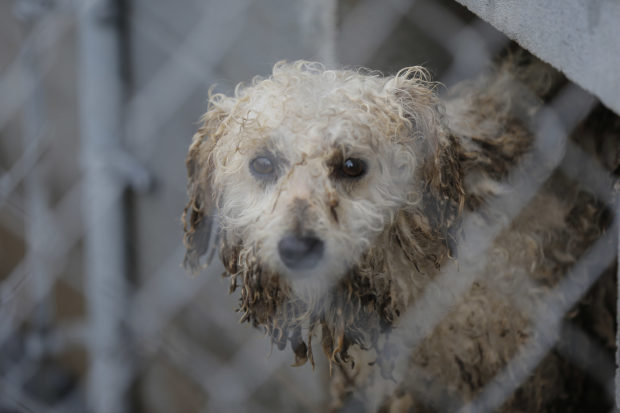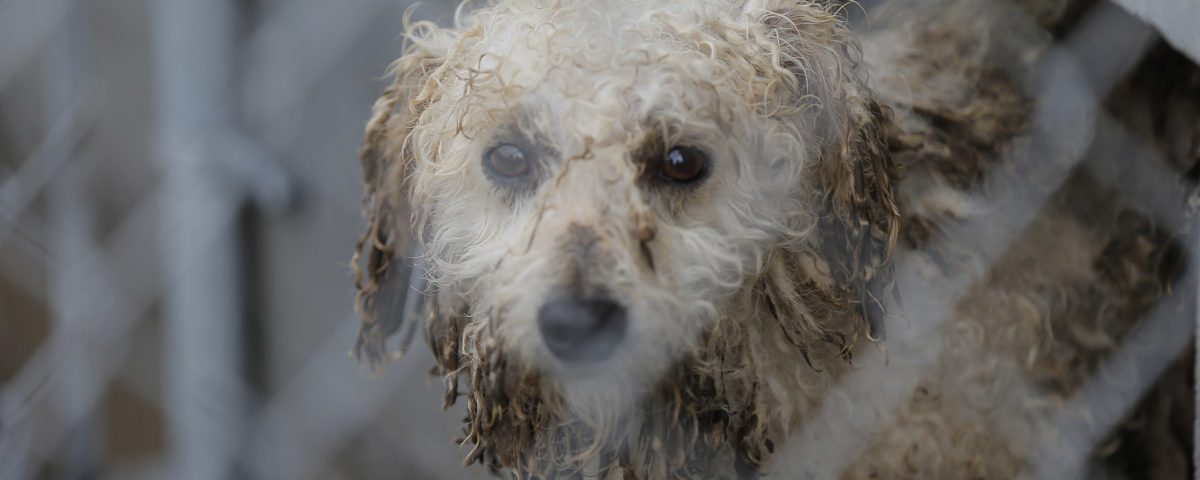Nobody much likes what the U.S. Department of Agriculture did two weeks ago in purging thousands of inspection reports for the animal facilities and horse shows under its authority, and pledging not to post new reports on a go-forward basis. USA Today panned the action hard yesterday. Today, the Des Moines Register said it was a terrible idea. Federal lawmakers have been writing to the agency by the dozen, demanding that the long-standing policy of transparency and accountability be restored. New Jersey’s legislature, which passed a law last year to restrict sales of puppies from breeders with USDA violations, unanimously condemned the action and noted that the federal agency had rendered its state law instantly useless. Even the Association of Zoos and Aquariums, Petland, and a biomedical research advocacy organization, Research Speaks!, objected.

The USDA must restore all reports for the 9,000 or so licensed and registered facilities that use animals, including commercial dog breeding operators. Above, a dog at a puppy mill. Photo by Brandon Wade/AP Images for The HSUS
It seemed the only people happy about the move were people cited for soring horses and operating delinquent puppy mills. There’s a bunch for you.
Today, the USDA budged a little. The agency said it would repost some annual reports and inspection data on animal research facilities, as it is required to do pursuant to a settlement The HSUS reached with the USDA in 2009.
But we don’t need the USDA to give us crumbs or dribble out some portion of the reports. The agency must pursue a policy of full restoration, for the 9,000 or so licensed and registered facilities that use animals — including commercial dog breeding operators, roadside zoos, and other operations regulated under the federal Animal Welfare Act and Horse Protection Act, such as Tennessee walking horse show participants. The animal research facilities constitute just one-seventh of the regulated facilities and nearly all of their inspection reports haven’t been made available. We need the existing reports for all facilities and all players in every field covered under federal law, and a commitment to post new reports as they are completed by USDA personnel after inspections occur.
Lawmakers, the press, animal advocates, and even the regulated community want transparency and accessible records.
The USDA’s public-facing explanation was hollow, arguing a privacy concern. Of course, the horse soring crowd and scofflaw puppy mills are going to kvetch about that; if you were breaking the law, you’d naturally want some privacy, wouldn’t you?
But let’s be clear that the USDA is not hanging out there on a thin branch in its past record of providing some transparency when it comes to inspections that may reveal violations of certain laws, regulations, or standards. Many states and localities also post reports of code violations found during inspections of nursing homes, schools and child care centers, school buses, and restaurants, that have not been fully adjudicated. It’s customary for police reports on traffic violations, arrests, or other alleged criminal activity (e.g., sex offenders, predators, and abuse registries lists) to be posted prior to a court date/hearing. In terms of the federal government, there are plenty of examples that show that the privacy explanation is absurd.
- The Food and Drug Administration posts various warning letters on its website for public viewing, which notify regulated industries about violations that the FDA has documented during its inspections or investigations. The FDA states that these letters “may have been subject to subsequent interaction between FDA and the letter recipient that may have changed the regulatory status of issues discussed in the letter.”
- The USDA’s Food Safety and Inspection Service publicly posts various reports and enforcement activity that result from its inspections of federally regulated meat and poultry establishments, including recalls, quarterly enforcement reports (QERs), and Humane Handling Quarterly Reports.
- The Occupational Safety and Health Administration maintains the Integrated Management Information System on its website, which is a public, searchable database containing information related to OSHA interventions at particular work sites and other OSHA enforcement activities.
- The Environmental Protection Agency maintains the Enforcement and Compliance History Online (ECHO), a public, searchable database of information for regulated facilities such as permit data, inspection dates and findings, violations, enforcement actions, and penalties assessed.
What the USDA did was a cover-up of sorts. It happened on the watch of Brian Klippenstein, the Trump transition team head at the USDA, and a notorious apologist for puppy mills, horse soring operations, and other disreputable animal-use operators. That’s almost certainly no coincidence.
So, yes, USDA, get the animal research records back on line. But get the horse soring stuff up there too, and all other categories of reports that lived on the agency website for years, serving the taxpayers and public interest, and deterring animal abuse.
The post USDA bends to massive national campaign to restore animal care inspection reports appeared first on A Humane Nation.
Enviroshop is maintained by dedicated NetSys Interactive Inc. owners & employees who generously contribute their time to maintenance & editing, web design, custom programming, & website hosting for Enviroshop.
